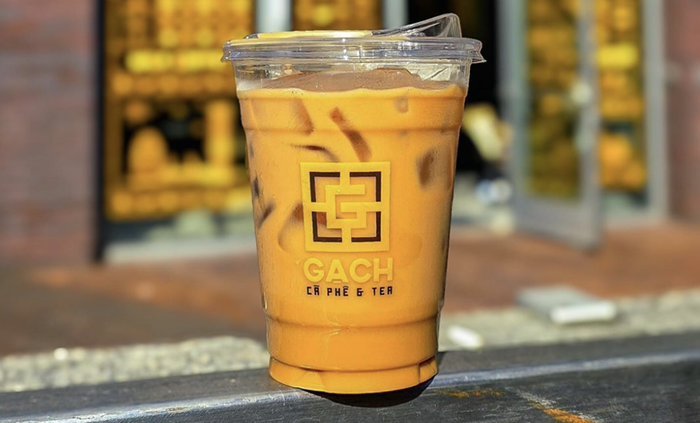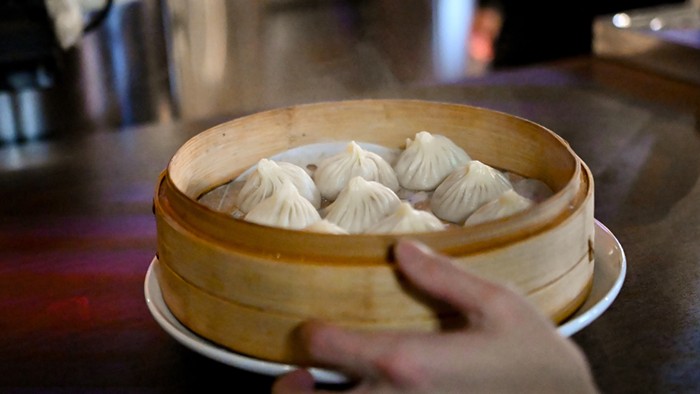The most-expensive ballot race in Oregon's history is officially over.

- Wikimedia
- The last time you'll see this corn picture for a long while.
Backers of Measure 92, the effort to mandate labeling of food that contains genetically modified organisms, just issued a release that it's stopping the battle over this year's election—but not the larger war.
"While Measure 92 will not emerge victorious in this election, our growing movement to label genetically engineered foods is neither defeated nor discouraged," Yes on Measure 92 spokesperson Kevin Glenn wrote in the statement. "The labeling movement will continue to grow."
The concession comes after more than a month of tension that involved a still-pending state-wide recount—Measure 92 lost by an initial count of a little over 800 votes—and a lawsuit from supporters, arguing the state too easily tosses out ballots with questionable signatures. That lawsuit was tossed almost immediately.
Supporters argued many Oregonians had no idea the signature they put on their ballot had to match one elections officials had on file, and that some voters with disabilities were inappropriately disqualified for using signature stamps.
"Given the razor-thin margin in this race, and the failure to count every valid ballot, we believe that Oregonians will never know for sure what the true outcome of this race was," Glenn wrote. "That said, we intend to abide by the judge’s decision and will not pursue any further legal action."
The ballot fight, like near-identical battles in Washington and California in recent years, involved millions in out of state money pouring into both camps. The No on 92 Coalition raised more than $20 million alone—mostly from enormous corporate interests like Monsanto and Coca-Cola.


















